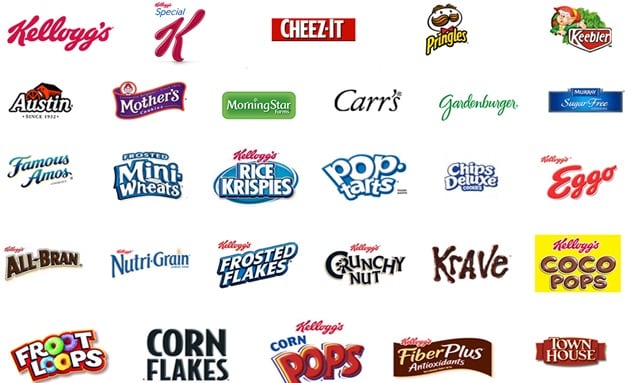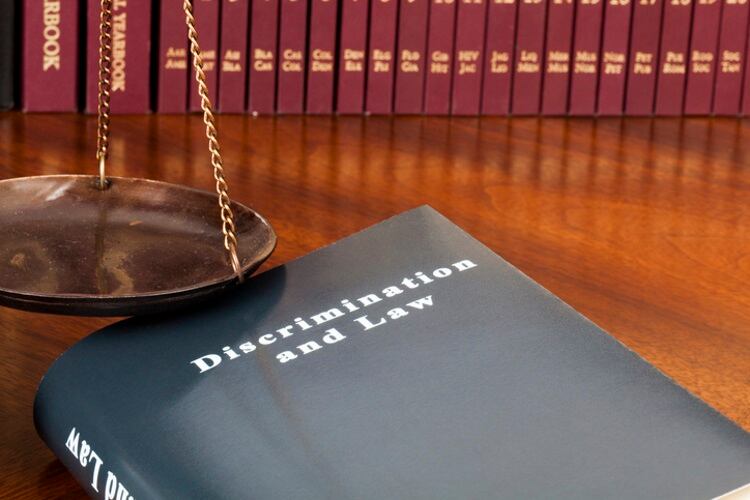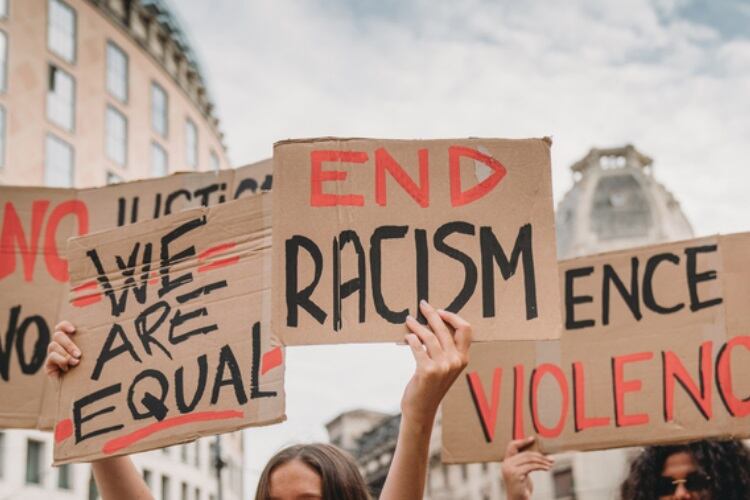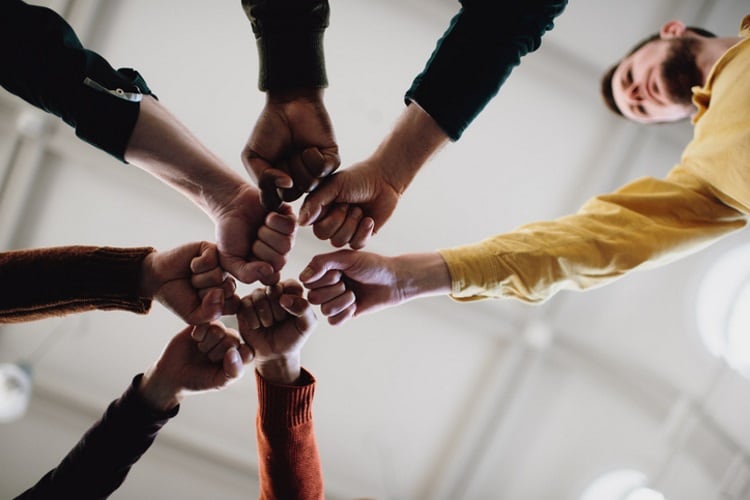Over the next eight years, WKKF will contribute a total of $80m to the top five initiatives of its Racial Equity 2030 Challenge, to help scale their unique approach and actionable ideas in tackling racial inequality, from transforming education systems to healing communities and empowering historically-marginalised Indigenous people.

The W.K. Kellogg Foundation – founded in 1930 by breakfast cereal innovator Will Keith Kellogg – is one of the largest philanthropic foundations in the US.
The WKKF is based at Kellogg’s headquarters in Battle Creek, Michigan, and works throughout the US and internationally, specifically focusing on locations with high concentrations of poverty and where children face significant barriers.
Guided by the belief that all children should have an equal opportunity to thrive, WKKF works with communities to create conditions for vulnerable children so they can realise their full potential in school, work and life.
We must act now
“The bold work proposed by each of the awardees fills me with hope that together we can attack the roots of inequity in our communities and build a future in which all children can thrive,” said La June Montgomery Tabron, WKKF president and CEO.
“But this change won’t happen unless we act, and I believe we must act now.
“I am excited to partner with these teams to address racism in their communities and support systemic change across the globe.”
The Racial Equity 2030 Challenge was launched in 2020 to mark the WKKF’s 90th anniversary and received more than 1,400 submission from 72 countries.
It was managed in partnership with Lever for Change, a nonprofit affiliate of the John D. and Catherine T. MacArthur Foundation, which connects donors with forward-thinkers designing solutions to the world’s biggest problems, like racial inequity, gender inequality, lack of access to economic opportunity and climate change.
Ten finalists were announced in September 2020 and each received a $1m planning grant and nine months of capacity-building support – including from inclusive and sustainable specialists Dalberg Group – to further develop their project and strengthen their application.
The breakthrough initiatives
This pool was then whittled down to five:
The SETA Project
World-first anti-racist education system
In Brazil – where most of the population identifies as Black or mixed race – systemic racism persists. A coalition of organisations believe that while schools perpetuate the problem, they can also spearhead its eradication.
The SETA Project – comprising ActionAid, the Brazilian National Campaign on the Right to Education, CONAQ, UneAFRO Brasil, Geledés, Makira-E'ta and Ação Educativa – is a collaboration to transform the Brazilian public school network into the world’s first anti-racist education system, harnessing youth, education and Black movements, and sparking a national healing process.
Internationally, ActionAid and the University of Bristol’s Centre for Comparative and International Research in Education will mobilise a global network and promote racial equity as a priority in global education.
Healing Through Justice
A community-led breakthrough strategy for health system changes
For many Black and Brown youth in Chicago, US, systemic racism has a profound impact on their mental health, as well as the wellbeing of their communities.
Communities United and Ann & Robert H. Lurie Children’s Hospital of Chicago have devised ‘Healing through Justice’, a youth-led movement for community healing through community engagement, leadership and advocacy training and the development of strategies for health system changes.
Indigenous Lands Initiative
Securing land ownership rights
The ability of Indigenous peoples to use and protect their land is under threat across the Americas, due to the harmful acts of illegal settlers, miners, drug traffickers and commercial interests, as well as governments’ failure to protect their rights.
The Indian Law Resource Centre, the Interethnic Association for the Development of the Peruvian Amazon and the Coordination of Indigenous Organisations of the Brazilian Amazon will build a permanent Indigenous-led institution to provide essential tech and legal assistance to help Indigenous peoples secure ownership of their lands and speed up and improve Indigenous land titling processes in Mexico and Central & South America.

Overcoming environmental racism by knowing, using and shaping law in Kenya, Sierra Leone and the US
Throughout the world, marginalised communities of colour disproportionally suffer the impacts of climate change and other environmental harm. Yet, they have little say in the making and implementation of the environmental laws that most affect them.
Namati and its partners will equip frontline communities with the power of law, so they can protect their own wellbeing and ultimately make systems of environmental governance more equitable.
Globally, Namati and members of the Legal Empowerment Network will launch an international policy advocacy campaign and drive cross-border learning on grassroots environmental justice.
Kawailoa
A model to end youth incarceration in Hawaii
In Hawaii, young Native Hawaiians and other Pacific Islanders are disproportionately represented in the juvenile justice system. As a vulnerable population, they encounter setbacks that are indicative of systemic failures and generational challenges, including foster care, substance abuse, human trafficking and loss of loved ones.
The Opportunity Youth Action Hawaiʻi collaborative – comprising community-based and state entities Partners in Development Foundation and its Kupa ʻAina Farm; Kinai ʻEha; Hale Lanipōlua; Residential Youth Services & Empowerment; Hawaiʻi Youth & Correctional Facility; and Olomana School – at the Kawailoa Youth and Family Wellness Centre is committed to replacing youth incarceration with a system that empowers communities, trains youth healers and shifts resources to community-driven and culturally-grounded sanctuaries of support.
Call to join the challenge
“We are uplifted by the ambition and creativity of the projects proposed by these teams,” said Cecilia Conrad, CEO of Lever for Change, which has influenced more than $1bn in grants since founding in 2019, which has provided support to more than 145 organisations.
“We invite others across the philanthropic, public and private sectors to join forces in funding the awardees and other outstanding organisations that participated in Racial Equity 2030, in order to challenge the systems and institutions that uphold inequity around the world.
“We have an opportunity now to create ripples of impact throughout our global community to be felt for years to come.”





